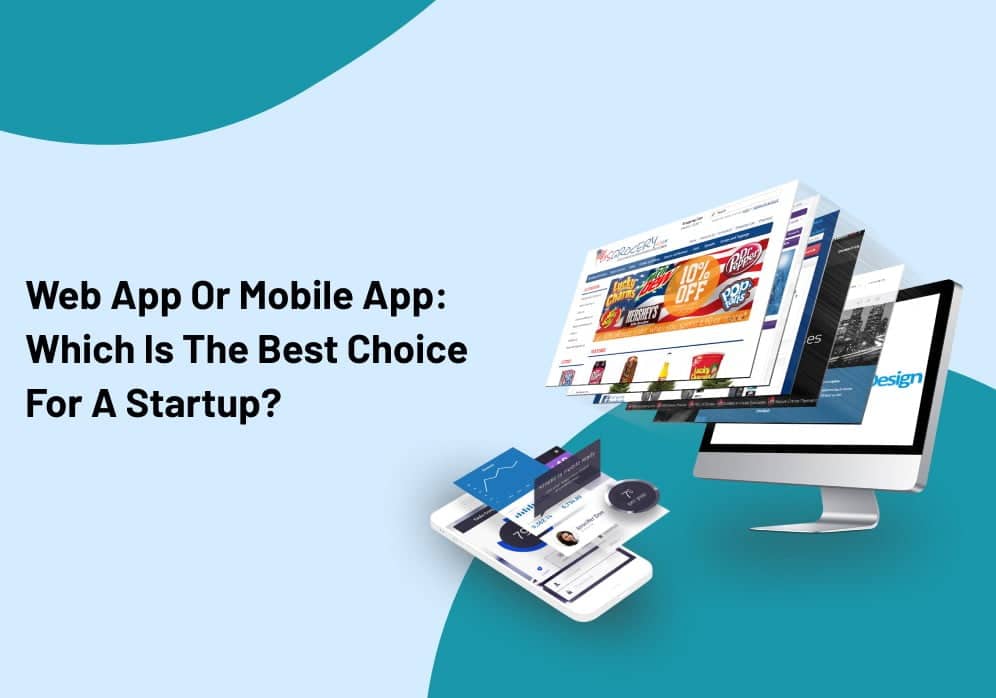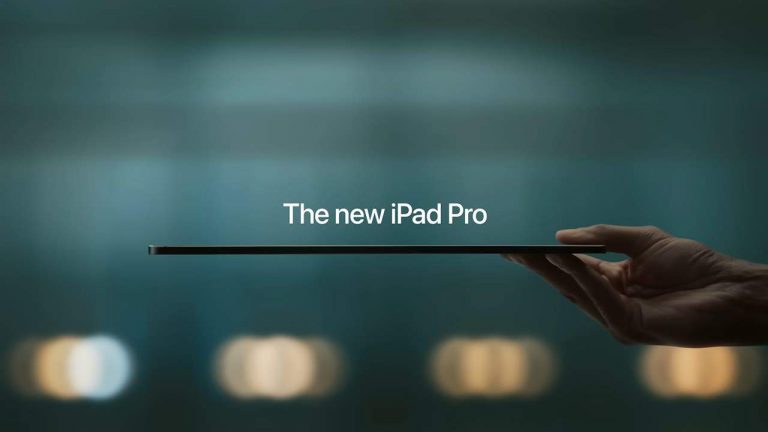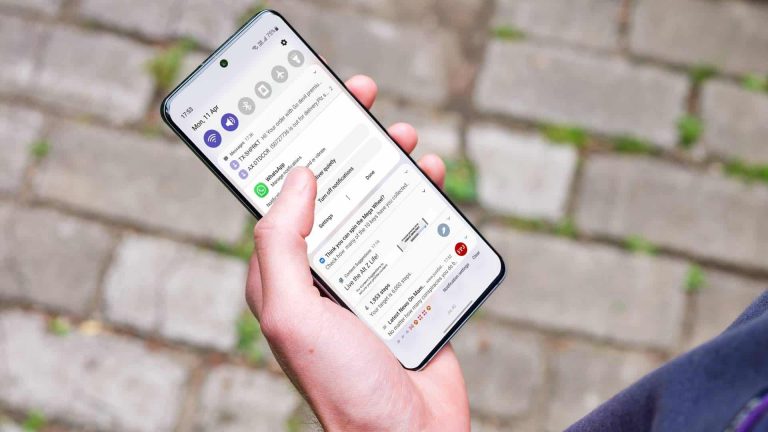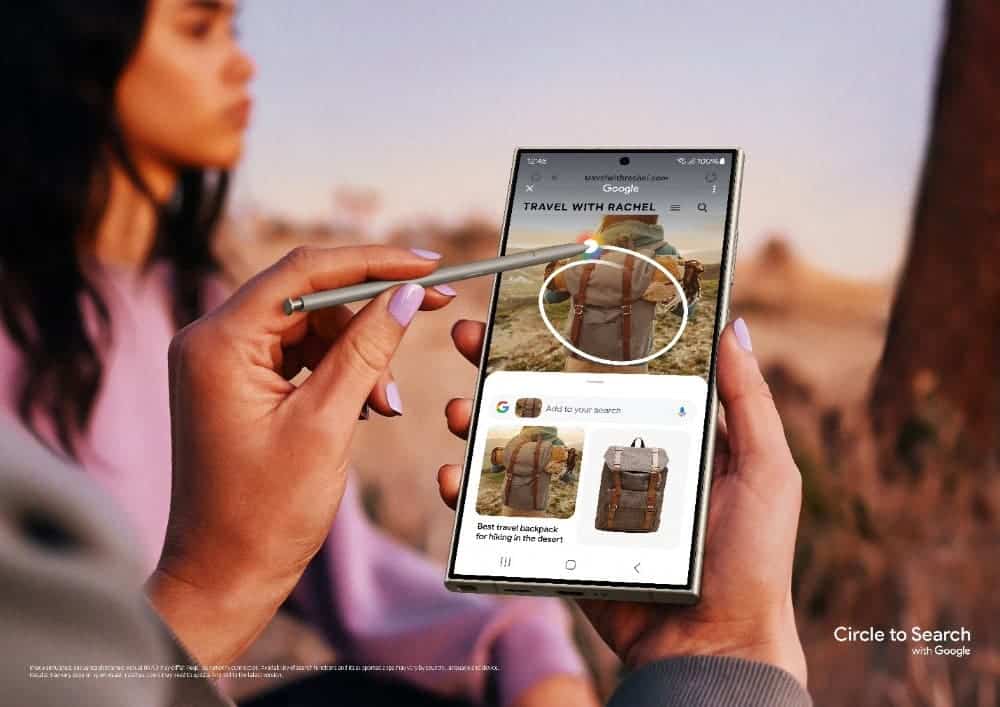Choosing between a Web App and Mobile App is critical for startups, particularly in a booming technology market. With the total revenue expected to show an annual growth rate of 8.58% from 2022 to 2027, this choice could be the defining factor for success. Also, the projected market is expected to reach a market volume of US$756 billion.
It’s essential to consider the target audience, platform functionality, development cost, and long-term goals carefully. This will let you make the right decision that best aligns with your startup’s vision.
You may be in a dilemma about whether to go for a web app or a mobile app. In such a scenario, always reach out to a reliable software development company. They can provide you with the best insight.
Web App Vs Mobile App
As a custom software development company, knowing the intricate differences between these two platforms (web app and mobile app) is essential. It would help you tailor solutions and meet client needs.
If you are not aware of its differences, here’s a detailed discussion in tabular form.
| Parameters | Web App | Mobile App |
| Platform Compatibility | Accessed via a browser and adaptable to any device | Built for specific platforms like Android or iOS |
| Access and Installation | Accessed online, doesn’t need to be downloaded or installed | Downloaded and installed via an app store, runs on the device itself. |
| Connection Requirements | Requires an active internet connection | Users must download updates |
| Updates | Gets automatic updates | Google Maps, Instagram, snapchat, and others |
| User Experience | May offer a similar look but can be less effective | Typically more responsive |
| Examples | Built using web technologies like HTML, JavaScript, and CSS. | Google Maps, Instagram, snapchat and others |
| Approach to Development | Built using web technologies like HTML, JavaScript and CSS. | Developed using platform-specific languages and tools. |
| Appearance and Design | Designed to look and function like mobile apps, responsive but is less efficient | Customized for the device, often more efficient. |
| System Resource Access | Hardly any access to system resources | Has access to system resources like camera and GPS. |
When Do You Need a Web App?
The decision if you need a web app is based on certain parameters. When you hire a software development company from NYC, the team would ask for your final choice if you want to build a web app for your startup. Make sure you check on the following criteria to assure that you need a web app.
- Analyzing Target Audience
If your audience prefers using a browser over downloading an app, a web app is the way to go.
- Development Cost and Time
Generally, web apps are faster and cheaper to develop, primarily if you aim to support a wide range of devices. Ask for a quotation from the best software development company in the USA.
- Limited Device-Specific Features
If your app doesn’t require access to native functionalities like movement sensors, a web app is a choice.
- Personalization of User Experience
Native or hybrid apps allow for tailored experiences based on user behavior. Take the instance of Spotify’s personalized playlists. On the other hand, if your primary intent is not to offer customized UX, you may choose a web app.
When Should You Go For a Mobile App?
You must know that Mobile apps have two categories. One of them includes a hybrid and the other is the native app. So, whichever mobile app type you want to build for your startup, you need some points to focus on. Look for a reliable custom software development company in USA if you don’t want to build on your own. They will provide a thorough consultation.
- User Experience
Native apps usually offer a more responsive and efficient experience. However, hybrid apps allow for a blend of native features with web technologies. Consult with your partnered software development company in New York to see if they can provide you with the best mobile app development solution.
- Audience Preference
You need to build a mobile app if your target audience picks downloadable apps with smooth offline functionality.
- Market Strategy
Depending on your product and target market, mobile apps offer a competitive edge, such as in the e-commerce sector.
Consideration of Factors When Confused Between Web App and Mobile App
Still confused about what to select? Let’s explore the base of the decision from a business perspective. If that can help you make the right choice.
Market Research
Ensure the solution resonates with the target audience’s wants and prioritizes their behavior. When assigned such a development-based task, a software development company surveys to gauge interest in a specific feature.
Access to Native Elements
Suppose there’s a need to access a camera, mic, speaker, or location. Then, settle down for a native mobile app.
User Behavior and Preferences
For example, a younger audience may prefer a trendy mobile app. At the same time, an older demographic might favor a web app. So ask yourself who your target audience is and what their preferences are.
App Downloads vs. Instant Access
Consider whether users will be motivated to download an app or prefer instant web access. Take the scenario between ticketing apps versus news websites.
Should You Convert Your Website into an App?
Let’s consider that your startup already has a website. Should you want to keep it as it is? Or, should you convert your website into an app? If you prefer the second choice, then you have to search for mobile web development solutions.
Explore the top reasons you should consider while getting mobile web development solutions.
You want to attain contemporary user expectations
Users anticipate seamless app experiences in addition to mobile sites. You wish to cater to expectations with an app, indicating a commitment to user-centricity.
You want to improve the UX factor
Apps offer smoother navigation and specialized features compared to websites.
It elevates user satisfaction through a responsive mobile experience.
App Store Existence
You want more visibility and credibility in app stores. Also, look to reach a broader audience.
In that case, convert your websites into an app and leverage app store optimization strategies. The end result would be increased discoverability.
Market strategizing by incorporating push notifications
Operating a business with a simple website won’t show a significant result on your revenue. With an app, directly engage users with timely and personalized push notifications. Prompt users to your app for updates, promotions, or essential details.
You consider apps as a prime revenue source
Communicate your business goal with your custom software development company. Activate your potential revenue streams through in-app purchases, subscriptions, or ad placements. Capitalize on monetization opportunities that websites might not provide.
You prioritize user engagement and loyalty
Foster deeper engagement, retention, and loyalty through personalized interactions.
Thus, by turning a website into an app, you can tap into a powerful tool. Hence, it is easier for you to captivate, retain, and serve your dedicated user base.
What are Forward Steps?
The choice between a web app and a mobile app completely depends on you and your business needs.
Mobile apps may be the preferable option when the focus is on attaining a high-quality, platform-specific experience. However, there are scenarios where web apps may seem suitable for your startup. So, the forward step is to make a thorough and come to a clear assumption.
While you might opt for a native mobile app, consider that a significant portion of smartphone users prefer mobile sites. Hence, the preference should align with your target market’s behavior.
Via: gadget-rumours.com










